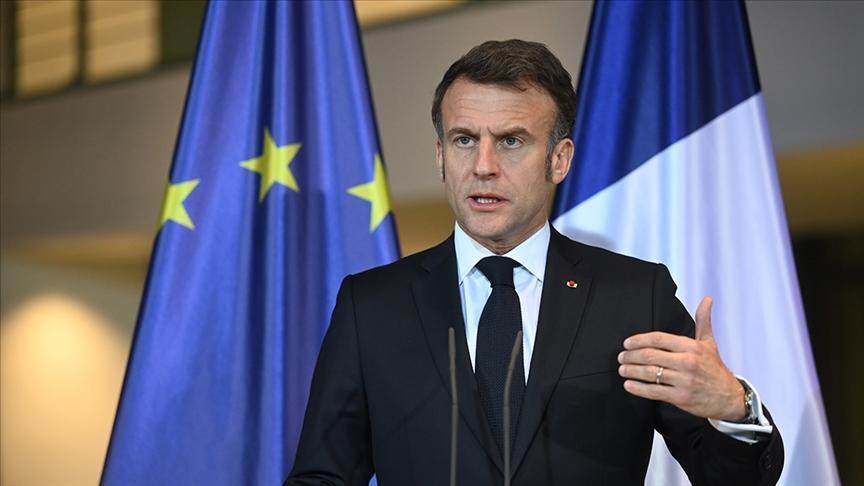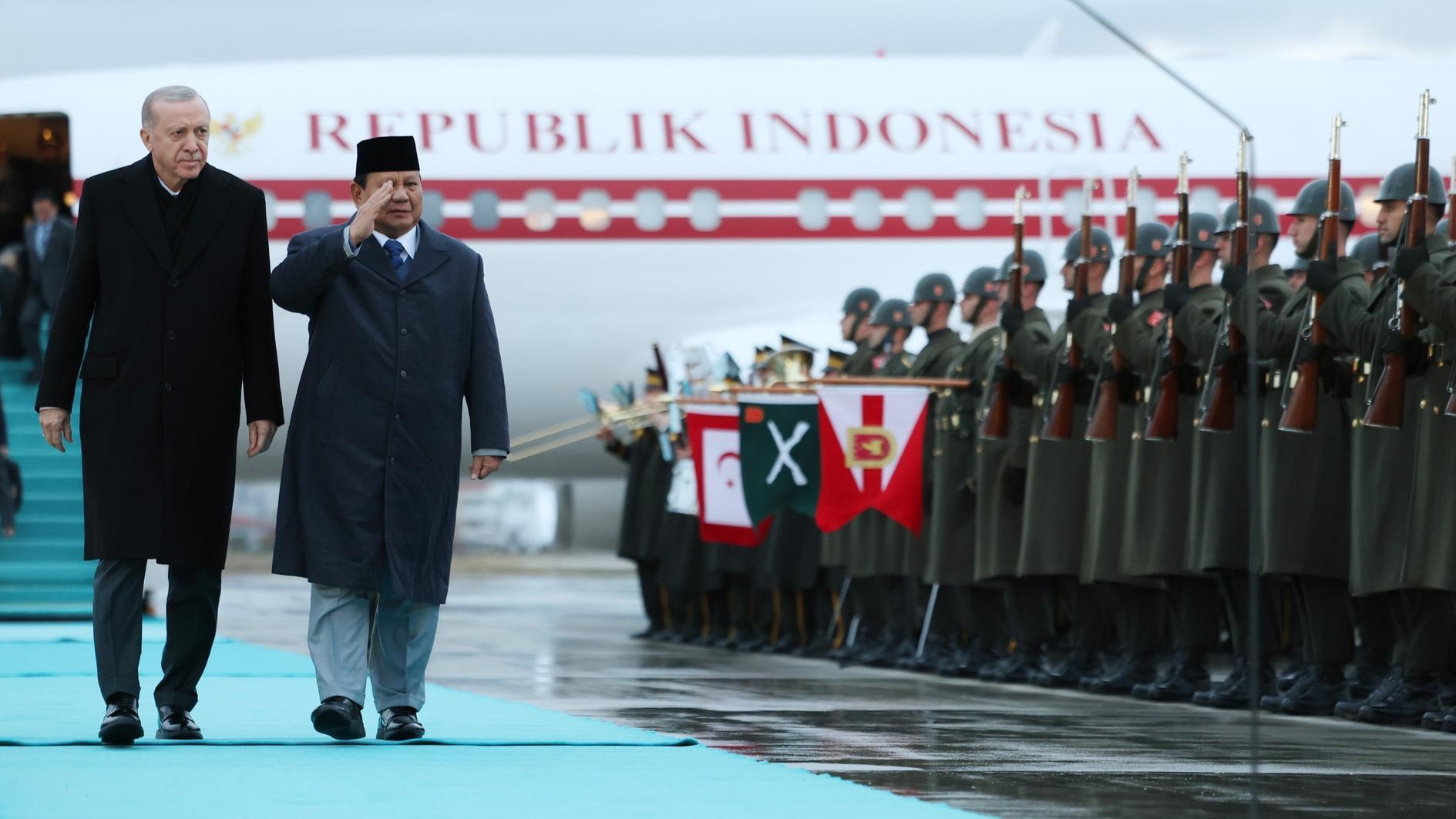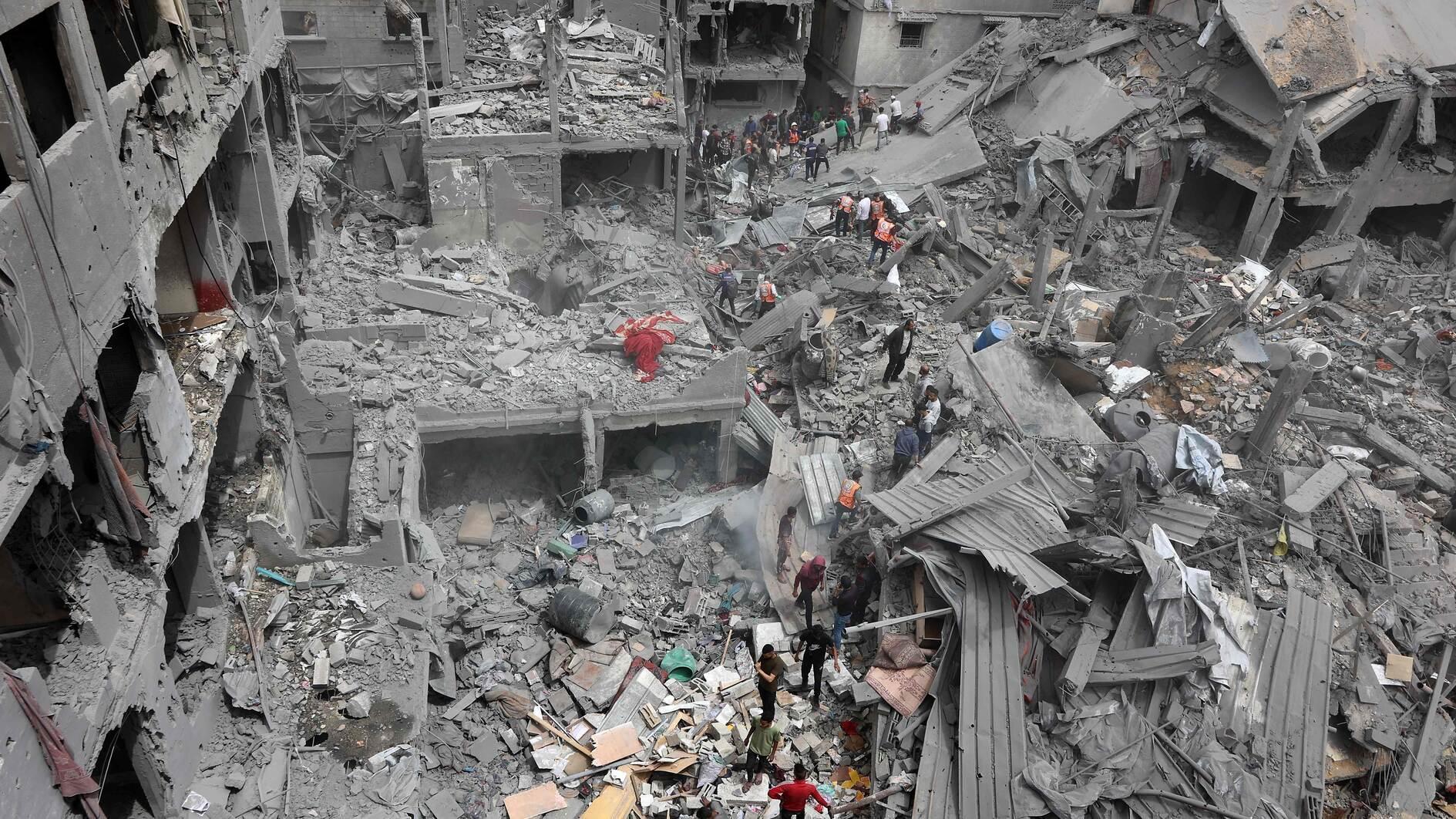Modern times
Coupled with an immense concentration of capital in the hands of multinationals, the highly interconnected nature of today’s production lines is triggering events that would baffle any observer. On Nov. 1, newspapers reported that Japan’s Honda will soon halt production in Turkey – because of the floods in Thailand. Honda’s Thailand assembly plant has been shut since Oct. 4 and is only one of the many closures that continue to affect Mazda, Toyota, Toshiba, Nissan and others.
According to Honda’s statement, the Turkish factory will have to halt operations as of Nov. 14, as parts from Thailand fail to arrive. The company also had to stop production in Malaysia.
All the companies named above were also among the dozens of corporations hit hard by supply chain disruptions in the aftermath of the terrible March earthquake and tsunami in Japan. Rapid mobility of capital in and out of countries has reached such an extent that supply chains have become complex “networks” that sometimes comprise tens of thousands of workers in dozens of factories in different countries.
Such networks are so flexible, time-sensitive and precise that they all but eliminate the company’s need to build inventories, while stretching productivity to amazing levels. But the same companies become so dependent on their network’s impeccable performance that any disruption in the chain paralyzes the whole system. This disruption could be a natural disaster or a man-made one.
In these times of austerity, the worker of the age of globalization is bound to realize that one man to leave one production line in effect means many men leaving many production lines in many countries. We indeed may have a new interpretation for Marx’s famous quote: “The development of modern industry... cuts from under its feet the very foundation on which the bourgeoisie produces and appropriates products. What the bourgeoisie, therefore, produces, above all, are its own grave-diggers.”
-----
“The continuation of structural arrangements necessitated by the European Union acquis is of crucial importance.” This sentence has been the final emphasis of the Turkish Central Bank’s monthly Monetary Policy Committee meetings for years, since at least 2006, according to official minutes. And prior to that date, such pro-EU rhetoric has always been a part of the minutes in some form.
Not anymore. An analyst I met earlier this week pointed out that this traditional “final statement” has mysteriously disappeared from the minutes of the Oct. 20 meeting.
If this were a mistake, we will see a comeback of the statement in the minutes of the upcoming Nov. 23 meeting. If not, then we will have another indication that the paths of Turkey and the EU are increasingly diverging.
-------
It has become indeed amusing to watch the eurozone unfold. The new head of the European Central Bank, Mario Draghi, did what the markets wanted to be done: cut interest rates. Sadly, the euphoric equity rally that ensued has no sound basis to prove sustainable. As Marc Ostwald from Monument Securities reminds us, the U.S. and much of the Western world is in a depression because the hurdles to economic recovery are structural rather than cyclical. I wholeheartedly agree with Ostwald’s depiction that this “policy-making class” is as intellectually insolvent and politically bankrupt as the global financial system itself.










